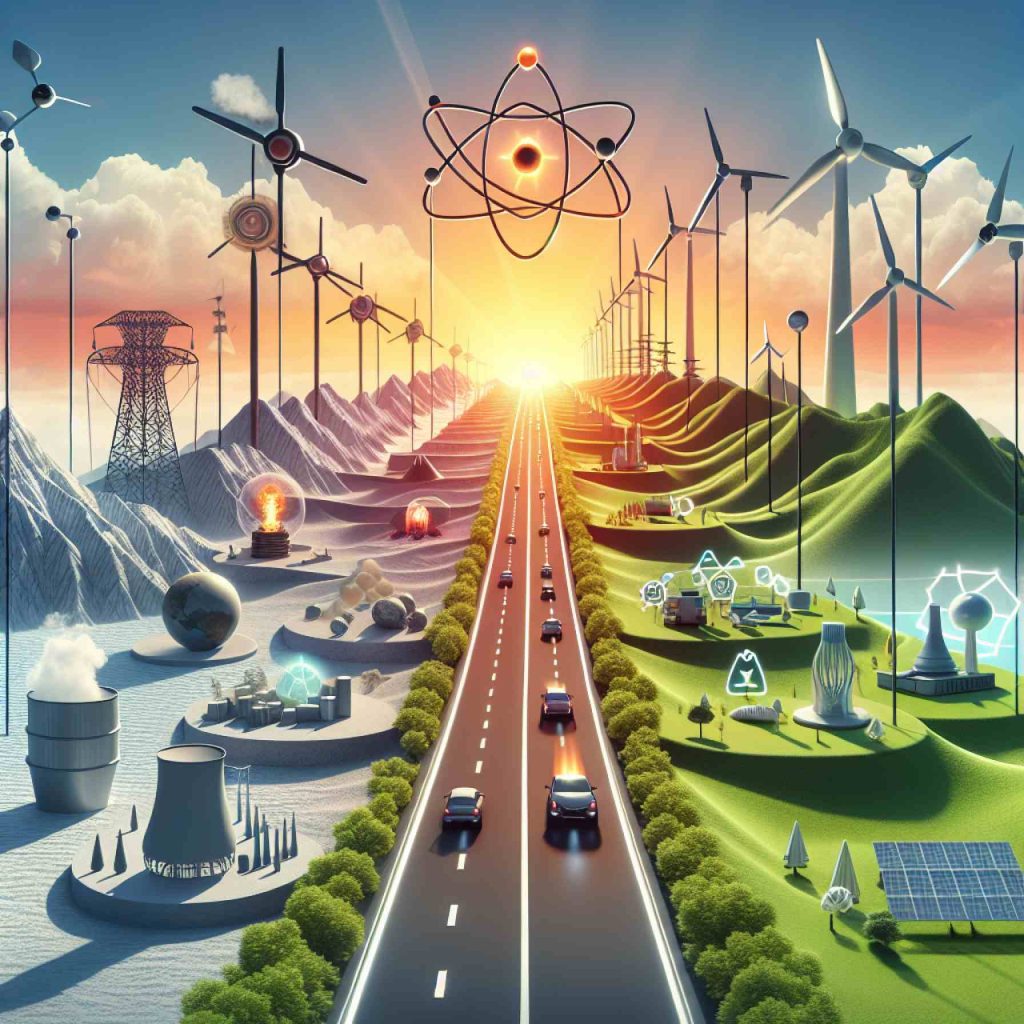
- National Technology Day is celebrated in India on May 11th, marking the 1998 Pokhran nuclear tests and the first flight of the Hansa-3 aircraft.
- The day highlights India’s technological progress and spirit of innovation and self-reliance.
- The theme for 2025, “YANTRA – Yugantar for Advancing New Technology, Research & Acceleration,” symbolizes a shift from technology adoption to global leadership in innovation.
- The celebration emphasizes the importance of sustainable practices and digital transformation in today’s era.
- Key industry leaders stress the integration of energy-efficient solutions and consumer-centric innovations to enhance quality of life.
- National Technology Day reinforces India’s commitment to a sustainable and innovative future.
Amidst the vibrant tapestry of India’s rich cultural heritage lies a modern narrative of technological advances and scientific triumphs. National Technology Day, celebrated each year on May 11th, marks a pivotal moment in India’s history—a day when the nation boldly painted itself on the global map with the successful nuclear tests at Pokhran in 1998. But the significance of this day goes far beyond nuclear achievements; it encapsulates India’s growing prowess in innovation and the spirit of self-reliance.
The echoes of those momentous detonations are not just relics of the past; they have propelled India into an era of industrial strength and scientific exploration, symbolized by the indigenously developed flight of the Hansa-3 aircraft that took to the skies on the same day. Declared by the then Prime Minister Atal Bihari Vajpayee as National Technology Day, May 11th has since evolved into a beacon of celebration for scientific excellence, industrial innovation, and the symbiotic relationship between science and society.
In the contemporary landscape, this occasion is more than a remembrance; it’s a call to action. As we look towards 2025, the theme “YANTRA – Yugantar for Advancing New Technology, Research & Acceleration” radiates a potent energy. “YANTRA,” a term steeped in India’s scientific and cultural heritage, signifies mechanical genius and the power of systemic and scalable solutions. Coupled with “Yugantar,” meaning epochal shift, it projects India’s ambition to transition from a technology adopter to a beacon of global innovation.
This year’s theme resonates deeply in an era defined by environmental urgency and digital transformation. As Ramesh Natarajan, CEO of Redington Limited, underscores, India is at a crossroads where innovation interweaves with sustainability, crafting a resilient digital framework that spans the entire nation.
The sentiment is shared by Anurag Sharma of AKAI India, who sees this day as a celebration of technological transformations that bridge purpose with progress. Emphasizing energy-efficient solutions and consumer-centric innovations, India’s industrial giants strive to enhance everyday life through technology that is relevant, reliable, and responsive.
For SK Venkataraghavan, leader at Lenovo India, the future is unequivocally tied to sustainability. His vision of integrating sustainable practices into technological advancements epitomizes a commitment to the environment and society, fostering a forward-looking culture of conscientious innovation.
In essence, National Technology Day is not just a date on the calendar. It is a powerful testament to India’s undying spirit of exploration and resilience. A reminder that in the pursuit of technological excellence, India stands not just as a participant, but as a leader shaping a sustainable and innovative future. As the nation celebrates this day, it renews its pledge to drive meaningful innovation—forging a smarter, brighter tomorrow with each bold step.
India’s National Technology Day: A Beacon of Innovation and Sustainability
Understanding National Technology Day Beyond Nuclear Achievements
India’s National Technology Day, observed on May 11th, is a celebration of the country’s strides in scientific and technological innovation. While it commemorates the successful nuclear tests at Pokhran in 1998, its significance extends further into recognizing India’s evolving role as a global leader in technological innovation and self-reliance.
Highlights and Achievements
– Hansa-3 Flight: On the same day in 1998, India successfully tested its indigenously developed Hansa-3 aircraft. This two-seater general aviation aircraft illustrated India’s increasing capabilities in aerospace technology.
– Innovation Theme for 2025: The 2025 theme, “YANTRA – Yugantar for Advancing New Technology, Research & Acceleration,” speaks volumes about India’s focus on advanced technology and systemic solutions. This ambition signifies India’s transition from a technology consumer to a global innovator.
Sustainability and Digital Transformation
– Environmental and Digital Integration: With rising environmental concerns and rapid digital transformation, India is striving to embed sustainability into its technological advancements. Ramesh Natarajan, CEO of Redington Limited, emphasizes the need for a robust digital framework that fosters sustainable innovation across the nation.
– Consumer-Centric Innovations: Anurag Sharma of AKAI India highlights the importance of energy-efficient solutions that enhance consumer experiences, showcasing how technology can bring about purposeful progress.
Future Directions
– Sustainability in Technology: SK Venkataraghavan of Lenovo India envisions integrating sustainable practices into technological advancements. This approach reflects a forward-looking culture committed to environmental stewardship and societal well-being.
FAQs and Key Insights
– How Can India’s Technology Day Inspire Other Nations?
– By demonstrating the synergy between innovation and sustainability, other countries can adopt similar frameworks that prioritize both technological advancement and environmental care.
– What is the Economic Impact of These Innovations?
– Technologically driven industries contribute significantly to GDP, employment, and can attract international investments by showcasing India’s capability as a hub for innovation and manufacturing.
Conclusion and Actionable Recommendations
– Foster Innovation Education: Encourage education and mentorship programs that focus on STEM disciplines to nurture the next generation of innovators.
– Promote Sustainable Practices in Technology: Embrace green technology and energy-efficient products to drive environmental and economic benefits.
– Collaborative Innovation: Encourage partnerships between government, academia, and industry to accelerate technology development and deployment.
For more information on how India’s technological advancements are shaping the country and beyond, visit the official websites of organizations such as Department of Science and Technology, and other technological and industrial bodies involved in driving innovation on this front.



